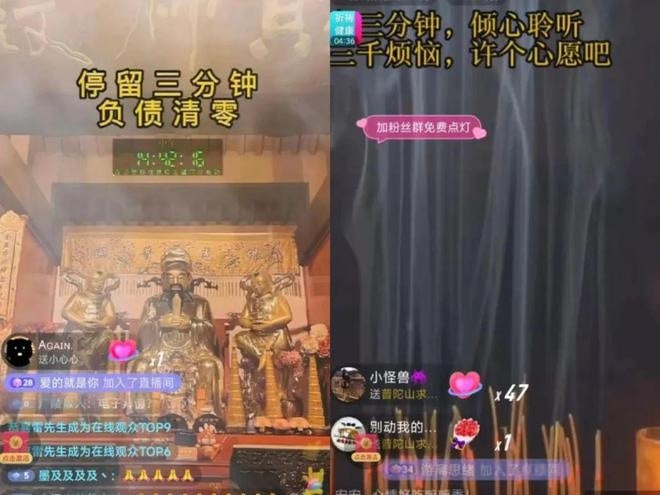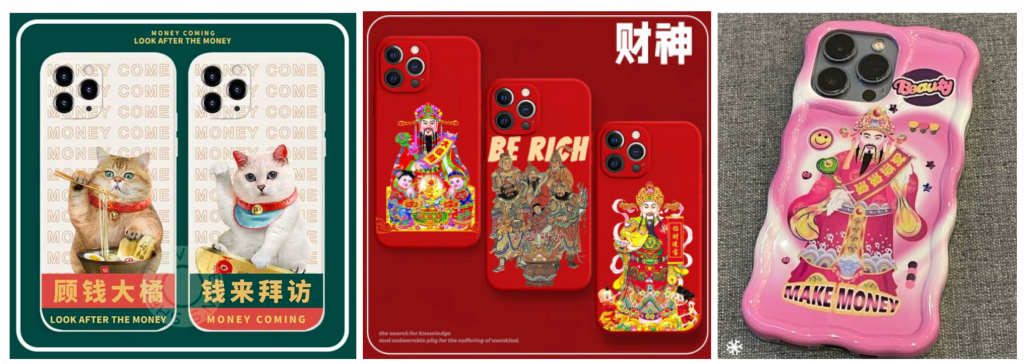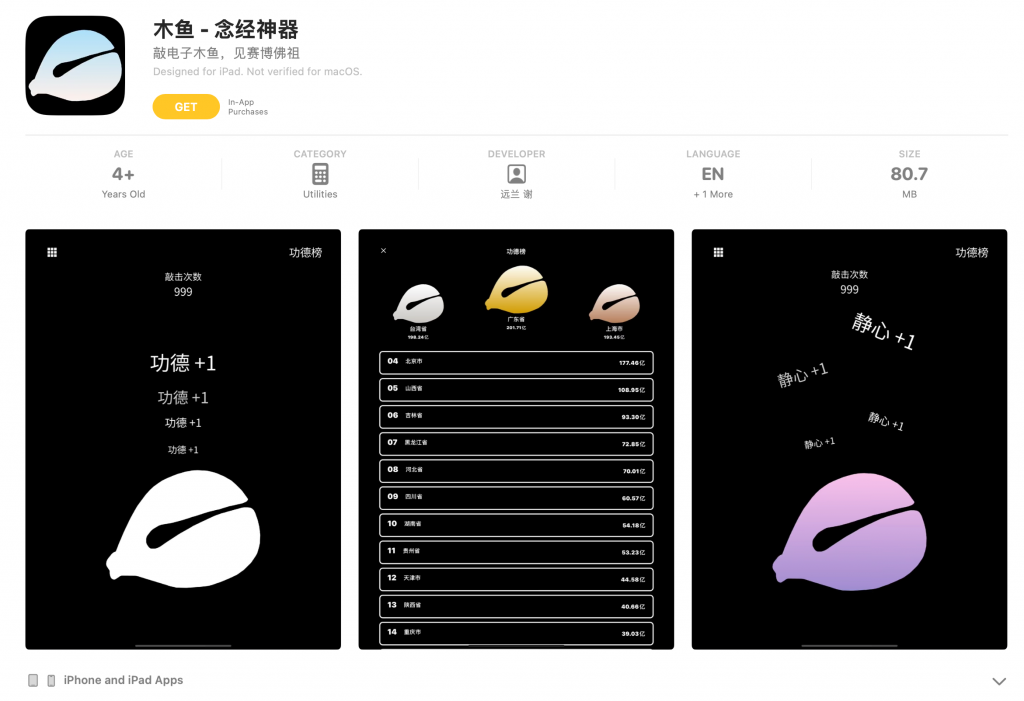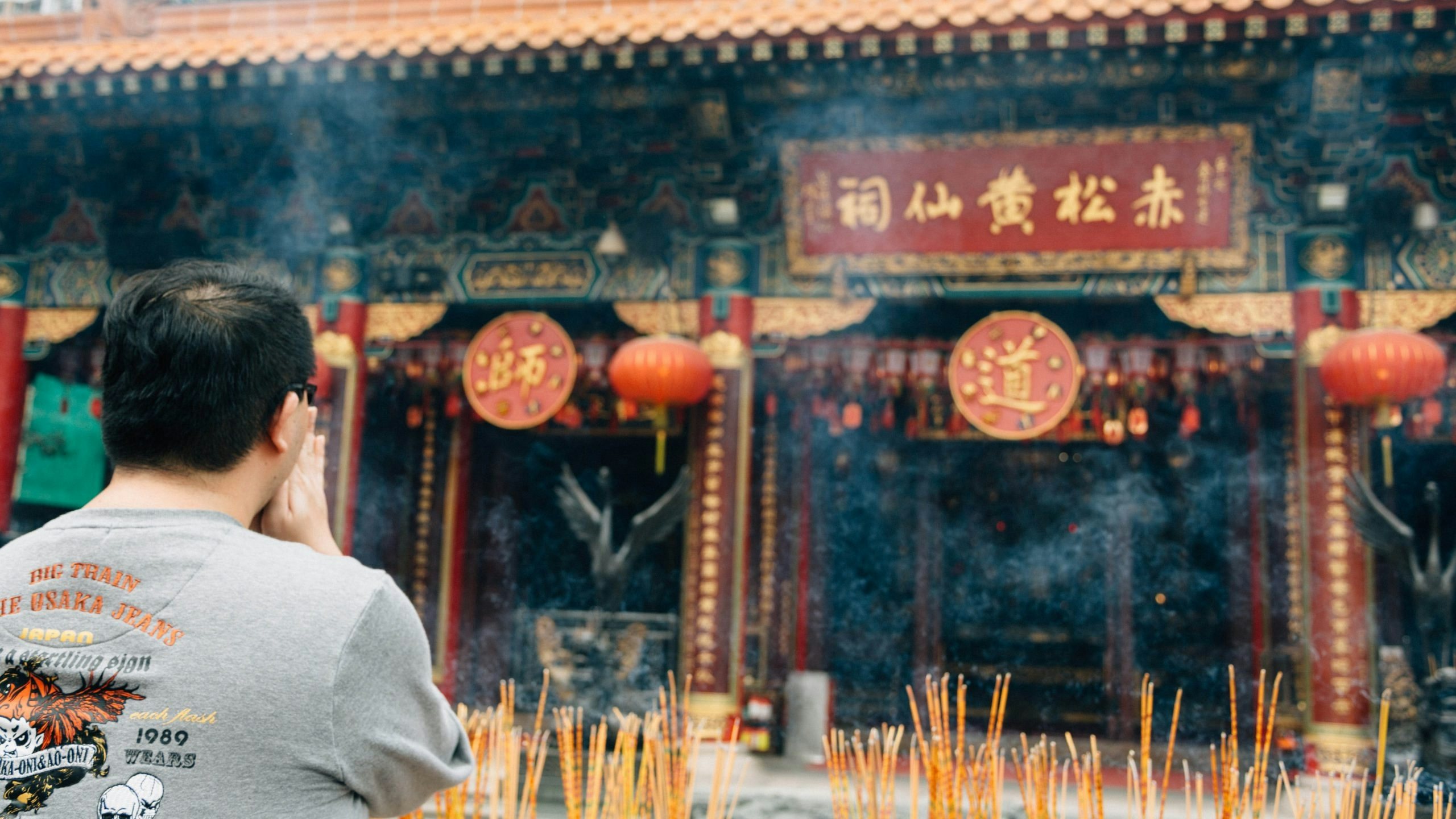China’s youth unemployment skyrocketed last year, with an unprecedented number of young people struggling to find work. In June, youth unemployment climbed to 21.3 percent, up over 8 percent from the 13.17 percent average in 2022.
Consequently, China’s young people are turning to methods, both online and offline, that are perceived to increase their “fu” (福), or fortune, and wealth.
Livestreamed temple experiences, including incense burning, have taken off. Chinese media stated that the practice has become very popular this year, reporting that many don’t have time to visit temples in person and instead opt for a livestreamed temple visit to burn incense for good fortune.
Comments by netizens in the livestream rooms abound with wishes for “safety and success.” Viewers can participate with a $0.81 gift to burn incense and a $1.36 gift to light a lamp to participate in the ritual. According to Chinese media platform D-pai, over 500,000 lanterns have been burned, yet the timeframe was unspecified.

Good luck phone cases#
“I buy ‘good-luck’ phone cases all the time. They mostly have money cats or money gods on them, or sometimes literally the words ‘money come [to me]’ printed on them,” says Lily Jiang, a post-90s woman who works in technology. Money cats, or Japanese beckoning cats, are popular figurines believed to bring good luck. Caishen, or literally “Money God” (财神), is usually honored in Taoism and Chinese folklore during Chinese Spring Festival activities.
“Many of my friends use some sort of Money God variation as screensavers. For the older generation, there’s the superstition element. But for us, it’s a lighthearted way of entertainment that we can all relate to," says Jiang.

Unemployment has become so pervasive that between April and July this year, over 400,000 people became drivers to make ends meet. That’s a 7 percent increase in the country's total number of drivers. The market has become so saturated that many cities, including Shanghai and Sanya, have stopped issuing new ride-hailing permits.
The crisis has sparked a resurgence in interest in temples among Chinese millennials and Gen Zers, giving rise to a spiritual economy. Temples offer respite from the pressures of modern life, and visits to places of worship have surged by a remarkable 367 percent since the beginning of 2023 compared to the same period the previous year.
Digital incense burning and virtual praying#
"Aside from physical goods, young Chinese people are turning to apps when they can’t control what’s going on in the real world. There are apps for digital incense burning (云烧香), digital wooden fish (电子敲木鱼), digital praying to Buddha (云拜佛). Everything that the older generation did in person, kids now do online,” says Jiang.
Wooden fish, also known as Chinese temple blocks, are used in “rituals usually involving the recitation of sutras, mantras, or other Buddhist texts”. A popular Chinese wooden fish app on the Apple app store boasts over 600,000 downloads.

Guaguale (刮刮乐), or "scratch off," is an online trend that is seeing thousands tune in to livestreams of people scratching off lottery tickets on short video platform Douyin. Data shows that lottery ticket sales increased 51.6 percent this year alone. Lottery ticket sellers have also adapted to the new trend by renovating their lottery retail spaces and building lottery booths in places that young people frequent, such as movie theaters, shopping malls, and night markets.
A netizen commented online: "I not only have electronic wooden fish, but also electronic incense burning. Combining the two will double the merit."
Offline, temples are taking advantage of this trend by selling a range of new items such as pens, cups, and ornaments that blend Buddhism with cartoon characters instead of the traditional items found at such places.
“It’s not because the younger Chinese generations are also superstitious [compared to the older generations]," says Jiang. “But when nothing seems to be working in your favor, knocking on a wooden fish on the screen at least won’t make things worse.”

